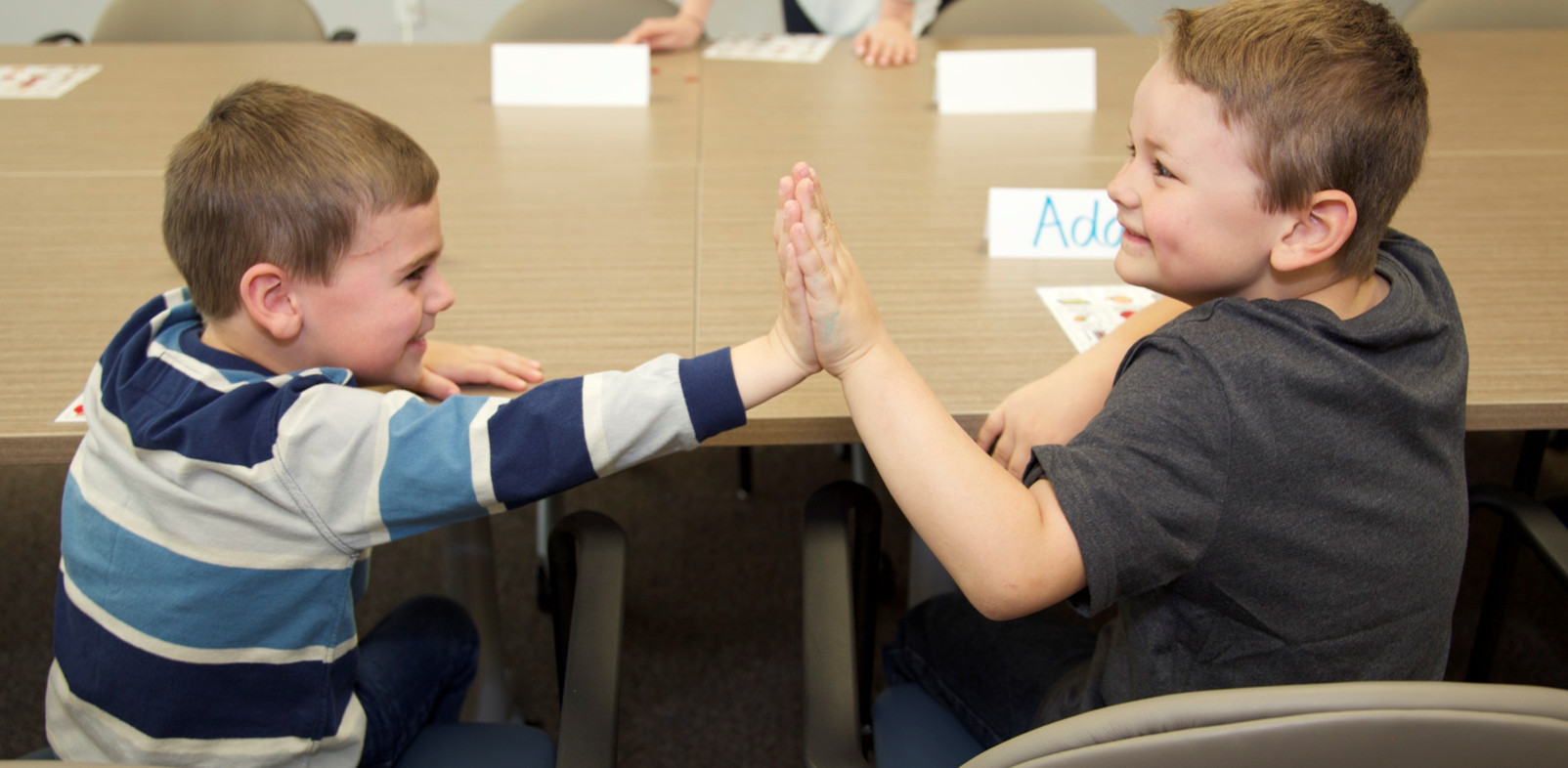You can turn everyday activities and routines into teachable opportunities to help your child develop appropriate social skills. Here are some helpful tips to encourage, develop and reinforce social skills in children. These tips are helpful for children but can be of particular benefit to children who have a diagnosis of Autism, ADHD or Anxiety.
- Help prepare your child for successful social interactions. If your child is going to a birthday party, has their first day of school or is attending a play date, give them some suggestions of appropriate greetings or questions to ask others. Help your child prepare for situations by telling them what to except and let them them practice and role-play situations with you. Helping prepare your child for social interactions will increase their confidence to engage with others.
- Encourage your child to speak for him/herself. While this may sound “common sense,” sometimes we don’t recognize how often we may interrupt or speak for a child. Give your child the confidence to speak for him/herself while you’re there for support! Encourage your child to order for themselves at restaurants, introduce themselves to new people and ask for help if they need it.
- Watch child-friendly TV shows and identify non-verbal communication. For children who have a diagnosis of Autism, watching others’ model appropriate social skills can be an effective strategy to teach new skills. Pause TV shows and ask your child to identify what non-verbal body communication might mean; help them identify different emotions.
- Organize play dates! Play dates are a successful way to help your child make friends and develop social skills. Go over rules for successful play dates with your child, before a friend arrives, in order to set them up for success. It may be a good idea to have play dates with family (cousins) or neighbours first to help build your child’s confidence.
- Recognize the positives. As we know, one of the best ways to encourage positive behaviours is to acknowledge them. If you see your child giving you eye contact, appropriate body language or practicing a skill you’ve been working to develop- give them praise.
- Take advantage of “discussion opportunities.” Driving your child in the car is a great moment to engage in discussion and model appropriate social skills. Turn off the radio and ask your child questions, encourage them to ask you questions about your day as well. If your child strays from the topic of conversation, encourage them to stay on topic and redirect them. Bedtime is also a great opportunity to engage in discussion with your child. Ask your child about the best and most difficult parts of their day; this can also help to develop a positive relationship between you and your child.
